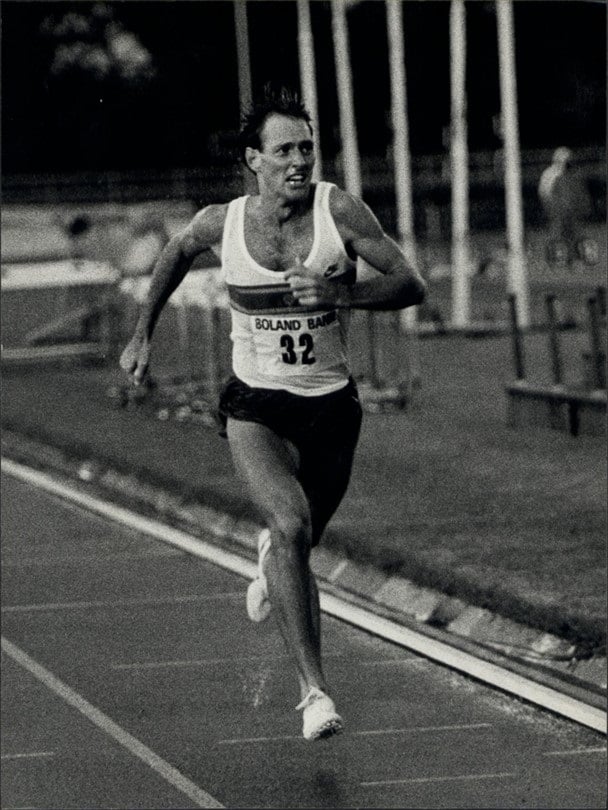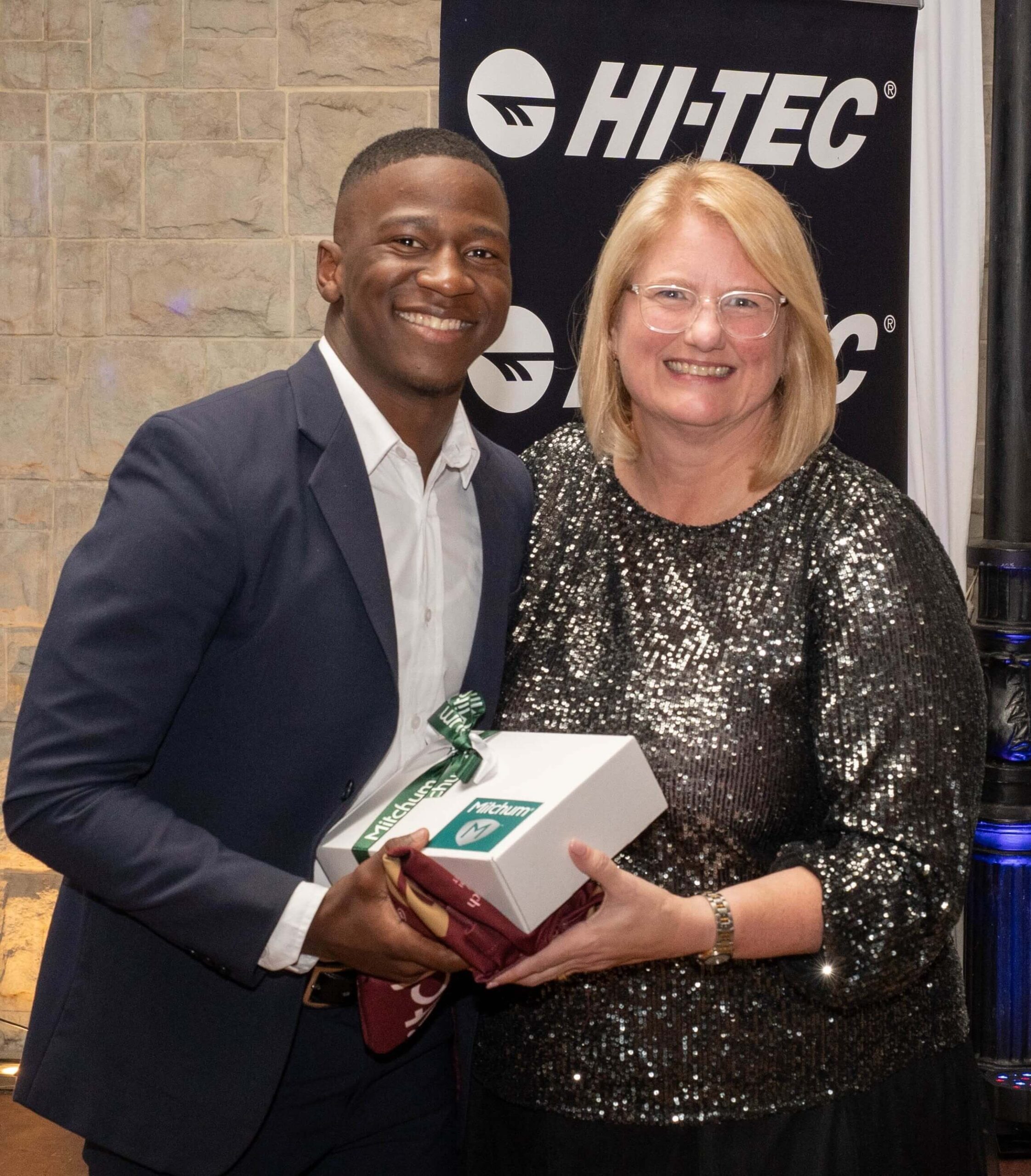By Jan-Hendrik Pretorius
Since 2018, nearly 670 bills against the LGBTQIA+ (lesbian, gay, bisexual, transgender, queer or questioning, intersex, asexual, or otherwise queer) community have been filed across the United States of America (USA). In this year alone, state lawmakers in the USA have proposed 238 bills—with about half of them specifically targeting transgender individuals—that attempt to limit the rights of the community. This is according to an article by Matt Lavietes and Elliot Ramos posted on the NBC News website .
In the same breath, the past two years saw many headlines regarding trans women in sport. In March earlier this year, Lia Thomas, a transgender woman, made history as the first openly transgender athlete to win a National Collegiate Athletic Association (NCAA) Division I national championship (which is the highest division of inter-varsity athletics in the USA) in any sport. The 2020 Summer Olympics also had transgender athletes participating in the event. Most notably, the Kiwi weightlifter, Laurel Hubbard, and Canadian gold-medallist footballer, Quinn, who is also non-binary.
Why, however, should we care about Western politics here in South Africa? If the old saying “when America sneezes, the world catches a cold” does not make this link clear, the recent controversy surrounding South African singer and activist, Steve Hofmeyr, will. In short: Hofmeyr alleged, in a since-deleted video on social media, that the LGBTQIA+ community promotes and includes bestiality (as part of the + at the end of the abbreviation). This was in response to Disney employees alleging that the media giant censors LGBTQIA+ themes in its content.
Transgender people exist in South Africa and in Stellenbosch. Whilst the debate surrounding transgender athletes in South Africa has not developed much, the time is indeed ripe for these conversations to make some headway. Die Matie reached out to some transgender students at Stellenbosch University (SU) to share their thoughts:
Tyler O’Connell (he/him), a first-year BA (Humanities) student and athlete, feels that he is excluded from taking part in sport on campus. “Because I am a male, I do not want to be in an all-girls sports team with everyone assuming I’m a girl. It makes me very, very uncomfortable, and they will not allow me to participate in the male team—and even if they did, the men [would] be unsure why I am there at all.
“I am not a studying student. I didn’t want to go to university in the first place, yet I went with it because sports is my happy place and I love playing sport. I passed by with the studying part because I knew I would find my happiness in sports; yet with SU being so discluding, I do not have a way to enjoy sports anymore. And therefore, I am not enjoying SU in the slightest way,” O’Connell said.
When asked whether he believes that transgender women should be allowed to compete in women’s sports, O’Connell agreed that biological men have an advantage, but that anyone should still be allowed to play for the team of their choice. “Trans individuals should still have the right to participate in sports and be comfortable by being in a team that includes all genders, not just your sex that you were born with.”
Die Matie asked Maties Sport about their stance on the inclusion of transgender individuals in sport at SU. With regard to the inclusion of LGBTQIA+ athletes, Jerry Laka, the director of operations at Maties Sport, replied, “Maties Sport believes that sport should be enjoyed by all, and we ensure that our sport codes/clubs are reflective of this. We are also currently aware of the ongoing global debate concerning trans athletes in sport.”
With regard to any current transgender athletes in any of their teams, Laka said that Maties Sport is currently unaware of any transgender athletes currently registered at one of their clubs, but that it is possible that there are some.
Regarding the participation of transgender athletes at Maties Sport, Laka replied that “Maties Sport is aligned with the IOC [International Olympic Committee] position on this matter, where each international federation (IF) needs to engage with all affected parties concerned. This will allow each IF to investigate, explore, assess and balance the fairness, inclusion and safety of trans athletes in their specific sport, without isolating or marginalising a particular group in the sport, i.e. women and girls. In so doing, they will provide guidelines for their sport—from global to local levels, which institutions like Maties Sport can learn from.”
C. Chase, a first-year BAcc student and transmasculine (female to male) individual, believes that participation in sport does not just concern achieving victory. He said, “Sports is more than just getting achievements. It’s about being part of a team: experiencing wins and defeats together, facing each challenge together, making lifelong friends with similar interests to your own. Why should this experience be withheld from trans individuals just because their biology doesn’t match their identity?”
Although he does not have much experience with sport as a first-year student, Chase remarked that he feels excluded by sport. “I never felt invited to join any of the team sports, despite being really interested in rowing and volleyball. [I dislike] [t]he concept of having to join a male team that would forever consider me a weaker link, or join a female team where I—instead of feeling like part of the team—[would] always feel self-conscious of being seen as female, rather than male, as I put so much effort into my appearance to make apparent to strangers. I ended up just joining my PSO’s table tennis [team] because that felt like some neutral ground.”
According to Laka, however, Maties Sport does place importance on the inclusion of athletes based on sexuality, gender, and race. “Maties Sport is not exclusionary. We believe that we provide an environment that allows students to comfortably participate in sport—high performance or recreational. Higher education sport and sport in South Africa does not have a policy to guide the South African sport fraternity [with regard to] LGBTQI[A]+. Maties Sport continues to learn to enable our personal and departmental experiences to be informed.”
Whilst the transgender athlete debate has been on many athletes’ and individuals’ minds, it is still in its infancy in South Africa. It is my hope that with this article, more conversations can be born to address this sporting issue.



